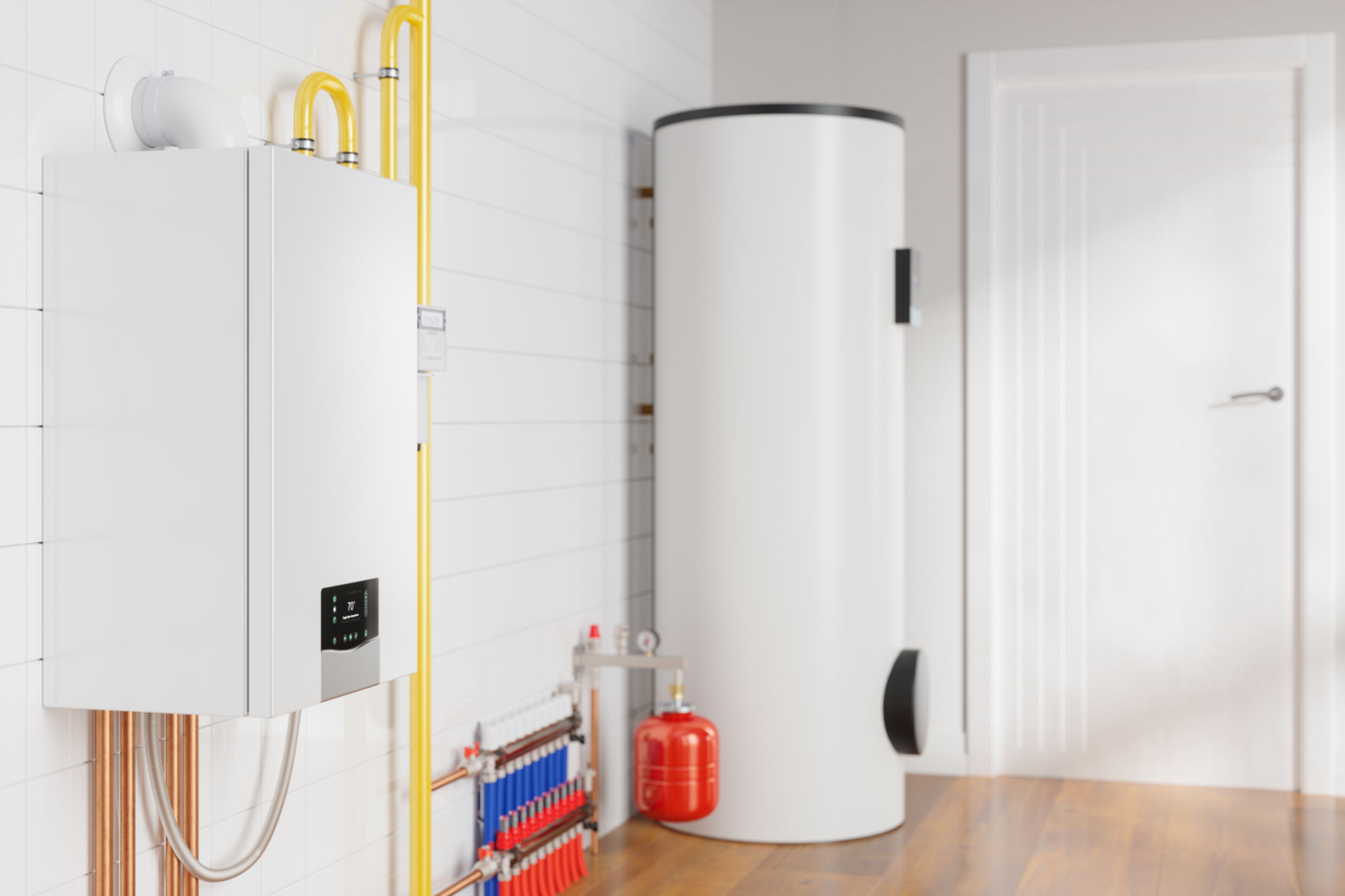How to Prepare Your Hot Water System for the Summer Season
Understanding the Importance of Seasonal Maintenance
As the summer season approaches, many homeowners overlook the importance of preparing their hot water systems for the changing weather. While you might not use hot water as frequently in the summer, ensuring your system is maintained can prevent issues and extend its lifespan. Regular maintenance can also help in reducing energy costs and avoiding unexpected breakdowns.
The transition from winter to summer is an ideal time to perform a check-up on your hot water system. With a few simple steps, you can ensure your system runs efficiently throughout the warmer months.

Inspecting Your System
Check for Leaks and Corrosion
Start by inspecting your hot water system for any visible signs of leaks or corrosion. Leaks can lead to water wastage and increased utility bills, while corrosion can weaken the system's components. If you notice any issues, it might be time to call a professional for repairs or replacements.
Test the Pressure Relief Valve
The pressure relief valve is an essential component that prevents excessive pressure buildup within the tank. To test it, gently lift the valve's lever and let it snap back. If you don’t hear a rush of water, it's a sign that the valve may need replacing. Regular testing can prevent potential hazards and damage.

Adjusting Temperature Settings
During summer, you might not need your water to be as hot as in winter. Lowering the temperature setting on your hot water system can save energy and reduce utility bills. A setting of around 120°F (49°C) is typically sufficient for most households during warmer months.
Be sure to consult your system's manual or contact a professional if you're unsure how to adjust the temperature correctly. Proper temperature settings not only save energy but also prolong the life of your system.
Flushing the System
Flushing your hot water system is an essential maintenance step that helps remove sediment buildup. Over time, sediment can accumulate at the bottom of the tank, reducing efficiency and leading to potential damage. Draining a small amount of water from the tank can help clear out these deposits.

It's recommended to flush your system at least once a year. If you're not comfortable doing this yourself, consider hiring a professional to ensure it's done safely and effectively.
Insulating Pipes
Even during summer, insulating your hot water pipes can be beneficial. Insulation helps maintain water temperature and reduces heat loss, ensuring that your system operates efficiently. This is especially useful if your hot water pipes run through unconditioned spaces like basements or garages.
Insulation materials are readily available at most hardware stores, and installation is typically straightforward. This small investment can lead to significant savings in energy costs over time.
Scheduling Professional Maintenance
While many maintenance tasks can be handled on your own, scheduling a professional inspection at least once a year is advisable. A qualified technician can identify potential issues that may not be visible to an untrained eye, ensuring that your hot water system remains in top condition throughout the summer.
Professional maintenance can also include tasks like checking electrical connections, inspecting gas lines (for gas systems), and ensuring all safety mechanisms are functioning correctly.

Conclusion
Preparing your hot water system for the summer season doesn't have to be a daunting task. With regular inspections, temperature adjustments, and timely maintenance, you can ensure that your system runs efficiently all year round. Taking these steps not only helps in conserving energy but also prolongs the life of your hot water system, providing peace of mind for you and your household.
